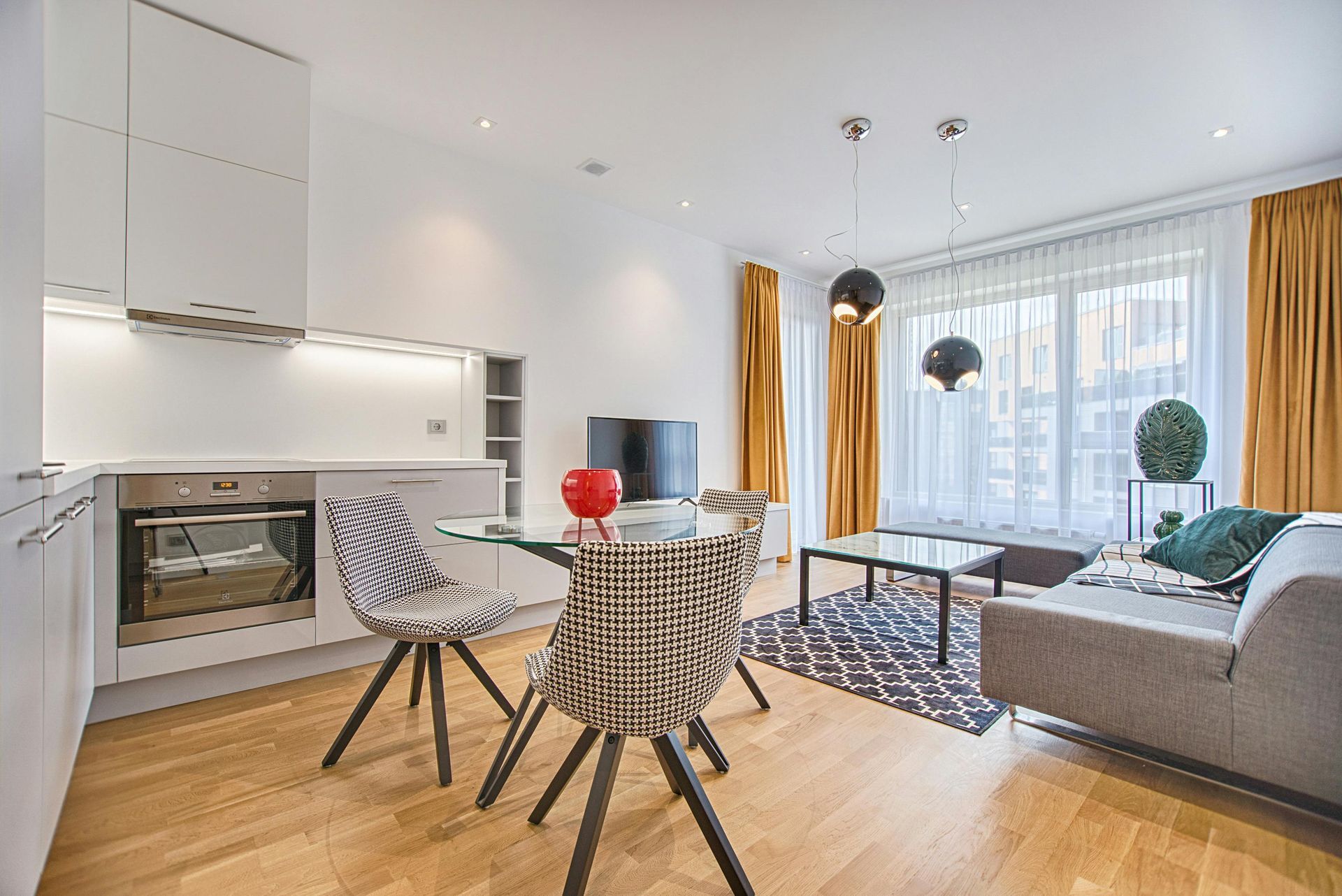Days on Market
How Buyer Psychology Changes After a Home’s Been on the Market Too Long

Every buyer wants to feel like they’ve found a great home at a fair price. But when a home’s been sitting on the market too long, that perception gets harder to maintain. Even if the property is well-maintained and fairly priced, time on market starts to raise red flags buyers can’t ignore.
Understanding how buyer psychology shifts over time and how to avoid falling into that trap can make the difference between strong early offers and a home that quietly stalls out.
The “What’s Wrong With It?” Reflex
When buyers see a home that’s been listed for a while, their first thought usually isn’t “maybe it’s a hidden gem.” It’s “why hasn’t it sold?” Even if they love the photos and features, time on market makes them question the unseen—foundation issues, bad location, or something that didn’t show up in the listing.
The problem is that doubt grows faster than interest. Buyers start to fill in the blanks themselves, often with worst-case scenarios. That uncertainty lowers their excitement and often leads to hesitation, lowball offers, or skipping the home entirely.
Perceived Value Starts to Drop
Homes that sit too long start to feel like leftover inventory. Just like an item on a store shelf that no one’s buying, buyers assume there must be a reason—and they become less willing to pay full price. The longer a home sits, the more likely it is to receive below-asking offers or price drops that further reinforce the idea that the home isn’t worth what it was originally listed for.
This is why 72SOLD focuses on strong early positioning. When the home is presented in its best light and marketed to the right buyers immediately, even before formal listing if possible, it builds momentum and urgency. It doesn’t give buyers time to second-guess or assume that price cuts are around the corner.
Competition Gets Stronger—Even If the Home Doesn’t
Time doesn’t stand still in real estate. Every week, new listings hit the market—some staged better, priced tighter, or in more desirable locations. A home that looked like a good value two weeks ago may be outshone by something that just went live. Buyers naturally compare what’s new to what’s been sitting, and newer listings often feel like better bets.
Even if your home hasn’t changed, the competition around it has. That’s why a delay in action can hurt your position. The earlier your home reaches serious buyers, before they get distracted by new options, the better the chance you have of standing out.
Fewer Showings = Less Social Proof = More Doubt
When a listing gets consistent showings, buyers assume it’s popular. That alone can spark stronger interest. But once a home goes quiet—no showings, no buzz—it starts to look stale. Buyers may not consciously think “this home’s been rejected,” but they feel it. The absence of activity becomes its own red flag.
72SOLD’s strategy of limiting public availability and structuring showings within a defined window keeps the listing feeling fresh and competitive. It creates the impression that buyers are lining up—because they are—and that makes each new buyer feel like they’re walking into something people want.
The Longer It Sits, the Harder It Is to Regain Momentum
A home that’s been on the market too long develops a kind of inertia. It becomes harder to market, harder to justify the price, and harder to excite buyers. Even a price cut doesn’t fully erase that history. Online listing platforms often display days on market, and savvy buyers will notice. Trying to reboot interest weeks or months later rarely works as well as getting it right from day one.
That’s why the first impression matters so much. With professional photos, strategic pricing, and a clear showing process, the best buyers are drawn out early. And when they feel urgency, they act fast. That momentum can’t be recreated weeks later—it must be built into the launch.
Urgency Is a Two-Way Street When It Comes to Selling Your Home
One of the goals of your real estate agent should be to instill a sense of urgency in prospective buyers. You want them to feel compelled to put in a high offer quickly. However, it’s equally important for home sellers to maintain their own sense of urgency.
Buyer psychology shifts quickly when a home lingers, and even a great property can suffer from misperceptions once the listing loses energy. A smart home selling approach doesn’t just prevent that—it uses timing, positioning, and presentation to make buyers feel like waiting isn’t an option.
At 72SOLD, we’ve tailored a home selling process to maximize buyer competition and urgency. Getting your property noticed by the right shoppers fast and encouraging competition can lead to higher offers and faster sales. Learn more about our process and get our price for your home by filling out the form on our website.







